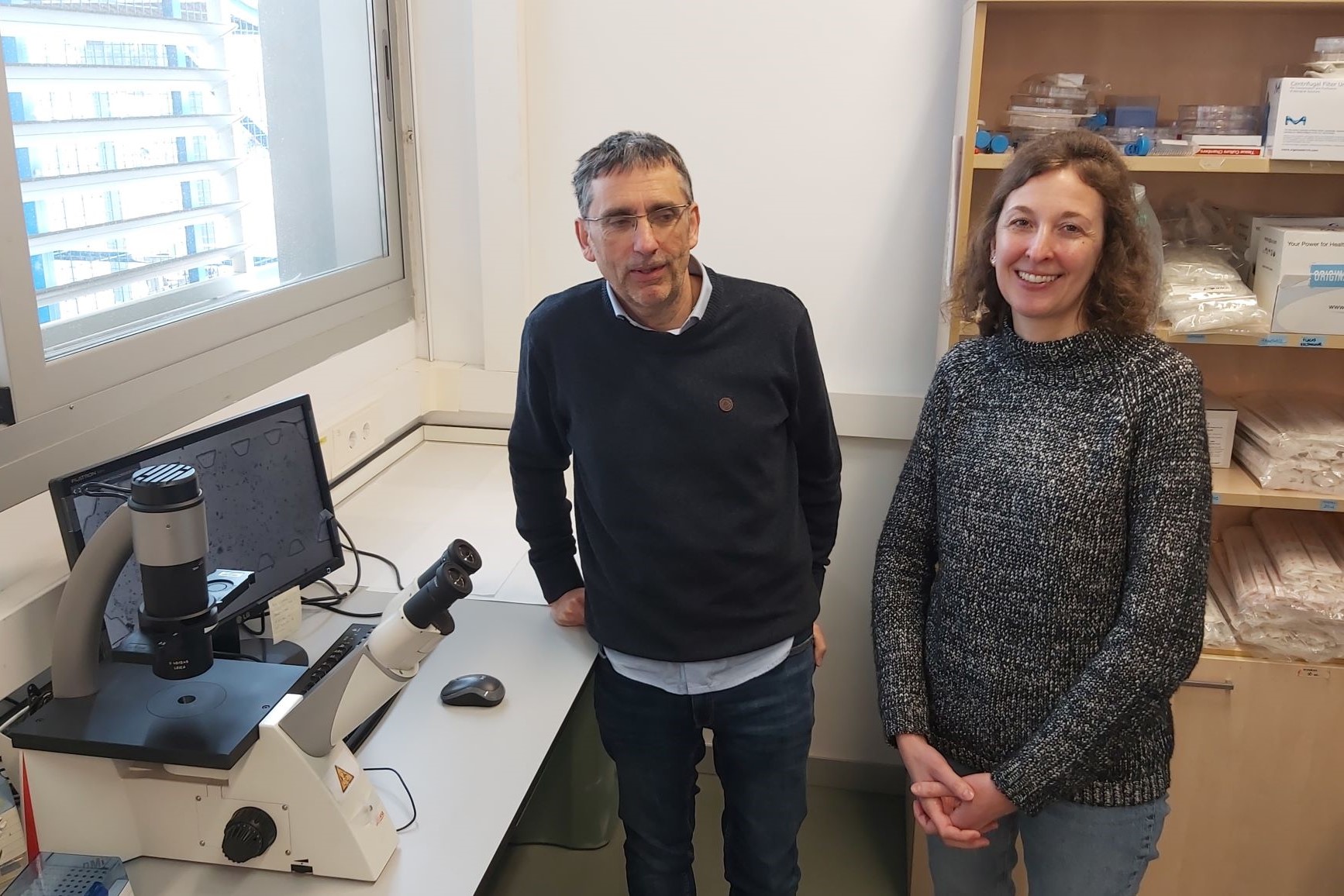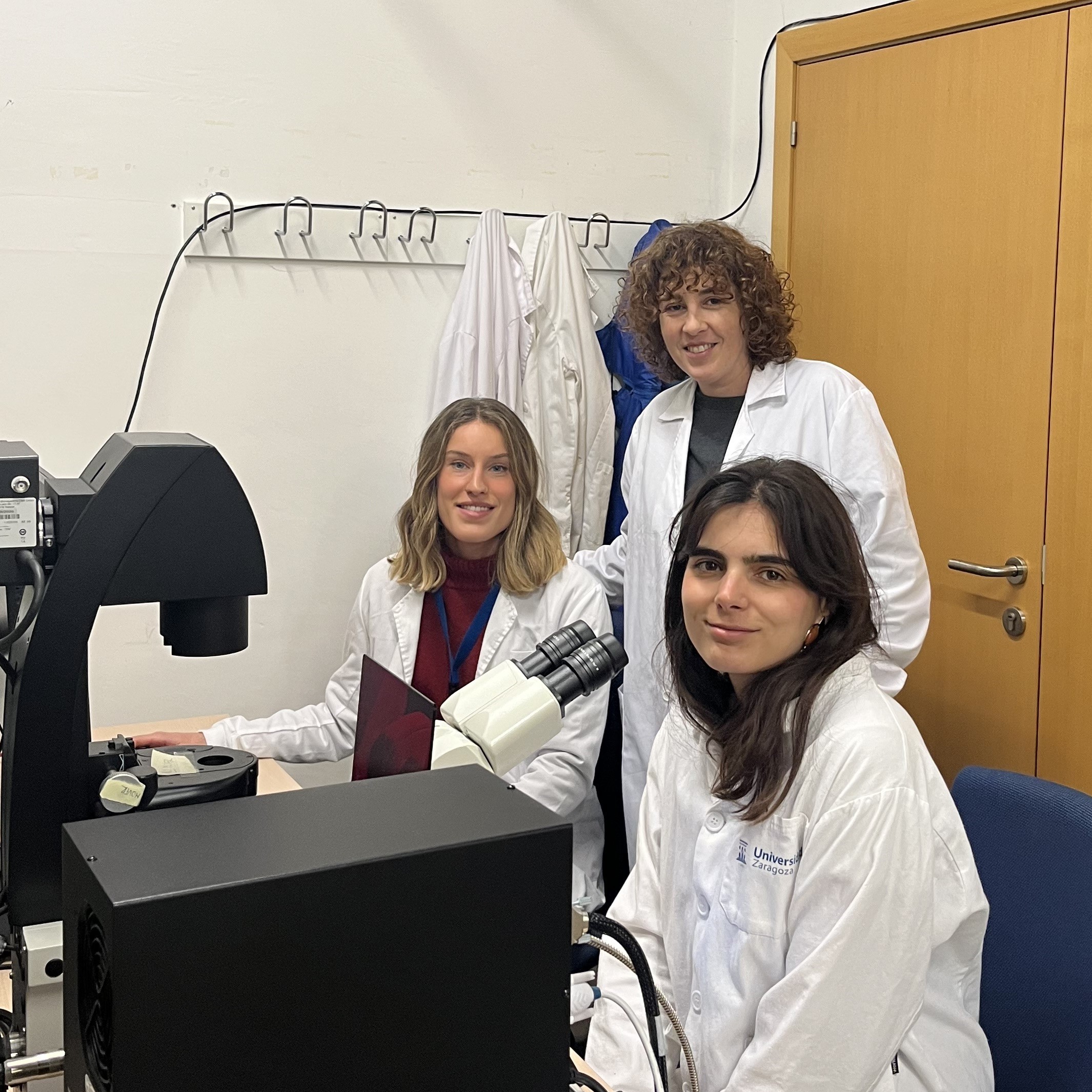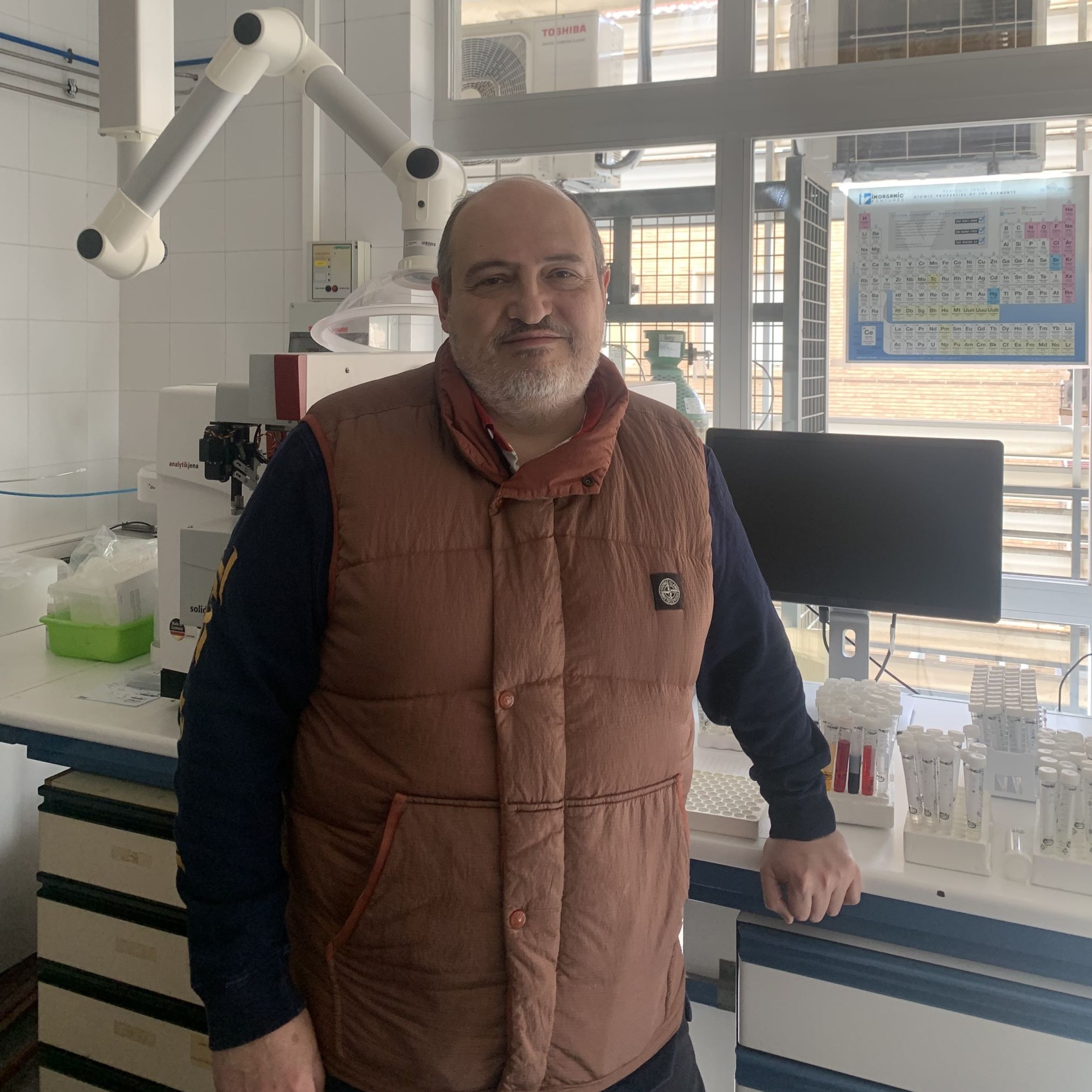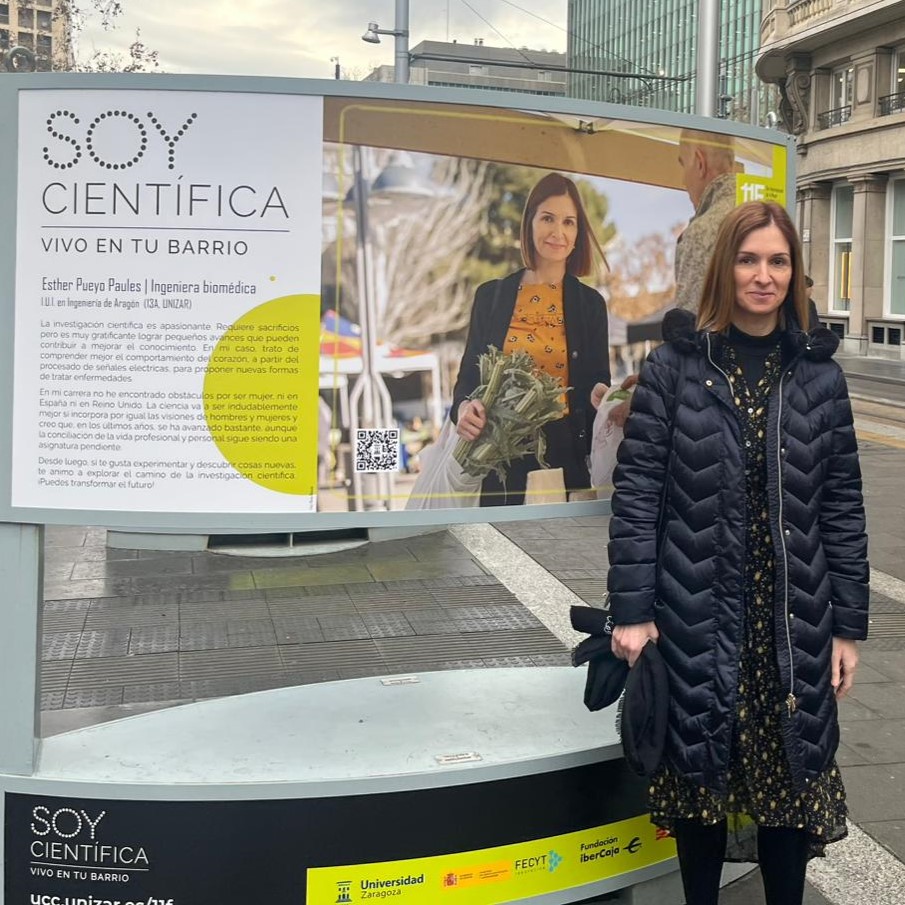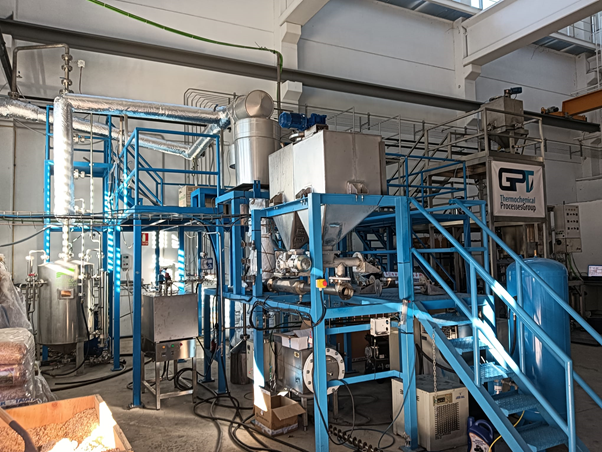
In an effort to promote decarbonisation and advance in the circular economy, an innovative cooperation project between the company Urbaser and the Universities of Seville and Zaragoza has been developed over the last four years, the project ‘Advancing towards the circular economy: Bi-fuels for heavy transport from waste recycling’ - NICER-BIOFUELS, with the aim of creating sustainable biofuels for heavy transport by transforming biological and textile waste into high quality biofuels through an intensive process to reduce production costs and improve flexibility in the use of raw materials.
The project, funded by the RETOS-COLABORACIÓN PÚBLICO-PRIVADA programme of the Spanish Ministry of Science and Innovation with European funds from the Next Generation EU framework, has boosted the development and use of sustainable biofuels, not only in the heavy transport sector, but also in sectors such as aviation and maritime. With the knowledge and technologies developed in this project, a significant transformation in the biofuels sector is expected, opening up new business opportunities and sustainable supply chain models.
To this end, it has had a budget of 900,000 euros. During this time, work has been done to achieve the decentralised, sustainable and cost-effective conversion of textile and bio-waste into sustainable biofuels. This development not only contributes to the energy transition in the transport sector, but also represents a step towards the decarbonisation of transport systems.
Objetivos clave de NICER-BIOFUELS
Overcoming critical technological barriers, improving process efficiency and reducing marginal costs in the conversion of biowaste to biofuels. The integration of advanced gasification technologies, unique catalysts and digital tools is key to finding solutions that fit both the available feedstocks and the growing demand for biofuels.
Key to this approach is the use of waste as a carbon reservoir, which together with CO2 emissions, is an integral part of the production of the next generation of biofuels for heavy transport. In this way, the project embraces the concept of circular economy, contributing not only to the production of biofuels but also to the reduction of the global carbon footprint.
El proceso tecnológico
It involves the conversion of biological and textile waste into hydrogen (H2)-rich synthesis gas by CO2-assisted gasification, with the addition of hydrogen coming from the catalytic decomposition of biomethane. This syngas has been treated and upgraded in a unique hybrid reactor, with the aim of producing hydrocarbons that can be customised as sustainable biofuels for transport.
The scalability of these technologies will allow their deployment in decentralised processing plants, favouring flexibility for production cycles within a circular economy concept. The costs, CAPEX and OPEX, can be significantly reduced, lowering the marginal cost of sustainable high quality liquid fuels, thus creating the conditions for investment in the increased use of biofuels in aviation and other heavy transport sectors. Beyond the huge market opportunities, the knowledge generated in the framework of NICER-BIOFUELS will have an impact on the biofuels sector.
Resultados y oportunidades de mercado
There is a multidisciplinary set of elements that contribute to the high innovation potential of the NICER-BIOFUELS project:
- Integration of turquoise hydrogen production technologies from bio-based sources to support the next generation of biofuels for heavy transport.
- Development of new active and durable Fe- and Co-based catalysts supported on biomass-derived carbons for the catalytic decomposition of methane.
- Generation of carbonaceous nanomaterials (CNMs) with high added value, such as carbon nanotubes or graphene-related materials, using zero waste technology.
- Development of new products based on a new family of high-performance and stable catalysts for direct FTS and HCR.
- New compact and modular technological solutions for synthesis gas upgrading and direct FTS and HCR.
- Development of new compact biofuel processing products suitable for small-scale decentralised biowaste processing, providing process intensification with reduced capital and operating costs, based on microchannelised reactor technologies.
- Improving the planning and implementation of flexible and robust biofuel production plants, using a modular virtualisation toolkit, for the efficient analysis, design and operation of biowaste conversion processes.
- Providing an innovative pathway for the recycling of textiles and other industrial and municipal waste that can no longer be sent to landfill according to Directive (EU) 2018/851 of 30 May 2018, amending Directive 2008/98/EC on waste.
The research carried out at NICER-BIOFUELS is a further step towards a cleaner and more sustainable future, a commitment to biofuel innovation in Europe.
